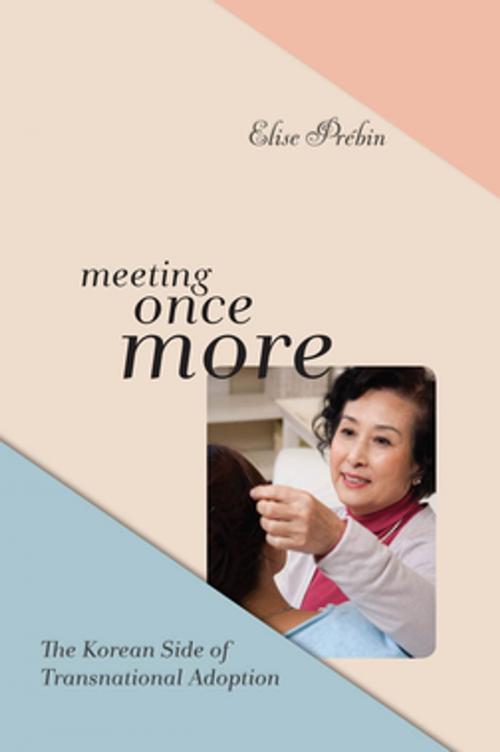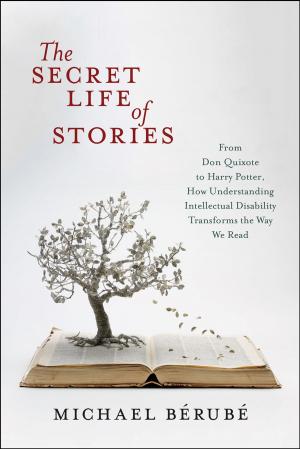Meeting Once More
The Korean Side of Transnational Adoption
Nonfiction, Social & Cultural Studies, Social Science, Cultural Studies, Customs & Traditions, Anthropology| Author: | Elise M. Prébin | ISBN: | 9780814760857 |
| Publisher: | NYU Press | Publication: | May 6, 2013 |
| Imprint: | NYU Press | Language: | English |
| Author: | Elise M. Prébin |
| ISBN: | 9780814760857 |
| Publisher: | NYU Press |
| Publication: | May 6, 2013 |
| Imprint: | NYU Press |
| Language: | English |
A great
mobilization began in South Korea in the 1990s: adult transnational adoptees
began to return to their birth country and meet for the first time with their
birth parents—sometimes in televised encounters which garnered high ratings. What makes the case of South Korea remarkable is the sheer
scale of the activity that has taken place around the adult adoptees' return,
and by extension the national significance that has been accorded to these
family meetings.
Informed by the
author’s own experience as an adoptee and two years of ethnographic research in
Seoul, as well as an analysis of the popular television program "I Want to
See This Person Again," which reunites families, Meeting Once More
sheds light on an understudied aspect of transnational adoption: the impact of
adoptees on their birth country, and especially on their birth families. The
volume offers a complex and fascinating contribution to the study of new
kinship models, migration, and the anthropology of media, as well as to the
study of South Korea.
A great
mobilization began in South Korea in the 1990s: adult transnational adoptees
began to return to their birth country and meet for the first time with their
birth parents—sometimes in televised encounters which garnered high ratings. What makes the case of South Korea remarkable is the sheer
scale of the activity that has taken place around the adult adoptees' return,
and by extension the national significance that has been accorded to these
family meetings.
Informed by the
author’s own experience as an adoptee and two years of ethnographic research in
Seoul, as well as an analysis of the popular television program "I Want to
See This Person Again," which reunites families, Meeting Once More
sheds light on an understudied aspect of transnational adoption: the impact of
adoptees on their birth country, and especially on their birth families. The
volume offers a complex and fascinating contribution to the study of new
kinship models, migration, and the anthropology of media, as well as to the
study of South Korea.















